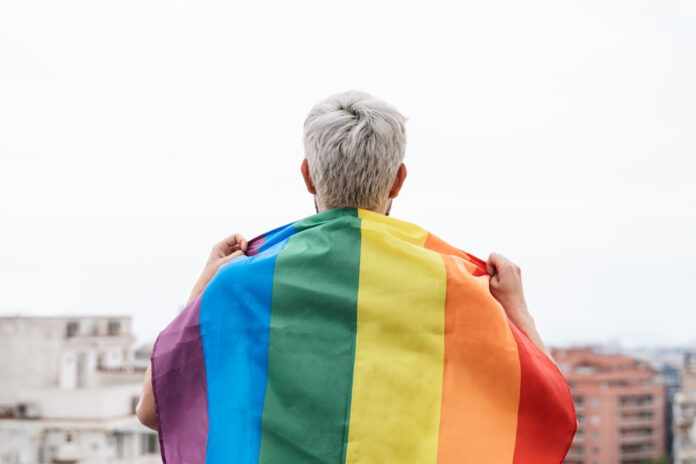by M. Agustina Menendez
How do I build new relationships as an older person? It can be a bit more challenging than when we were younger. Throughout our lives we got used to having socially established instances — such as school, college, and work — where we had regular interactions and opportunities to meet any number of people. As we get older, those places are not there in the same way to organize our day-to-day social engagements. Making new friends or finding love therefore often requires an extra effort on our behalf. We have to be more intentional in putting ourselves out there when we are looking to form new romantic or platonic relationships.
You may think, why would I spend my time and effort trying to build new relationships at this point of my life? Lots of studies show that having meaningful relationships improves mental health, prevents isolation, and strengthens support networks. Social support is good for our physical health as well and has been shown to reduce the likelihood of cardiovascular disease, stroke, and dementia. Have I gotten your attention now?
If you ask for advice about how to form new relationships, people will probably list a number of suggestions: go out more, join a club, volunteer, go to a senior center, open a social media account, etc. And that is certainly part of the process of meeting new people. But in order for any of those approaches to be successful, we need to be mentally and emotionally open to forming new relationships and understand some of the inner barriers that may be keeping us from authentically putting ourselves out there.
Maybe you have been hurt in the past. Someone might have betrayed you or abandoned you when things were not going great. Someone might have broken your trust or your heart and you decided that you were not going to let anybody hurt you again. It makes sense that you want to protect yourself. But when dealing with other humans, it is impossible to open up without being a little bit vulnerable. You won’t get to truly know new people if you are so guarded that you put on a metaphorical mask when dealing with others. Instead, use your past experiences in your favor and try to recognize the patterns that you don’t want to repeat. Use all the knowledge you learned the hard way to be better at discerning which relationships to pursue and which to avoid. All that past experience can be capitalized on to lead us to healthier and happier relationships.
As LGBTQ+ people, we may have experienced this past hurt and rejection because of our gender identity or sexual orientation. Those experiences can be traumatic and make it more difficult to pursue new friendships or relationships. We may be justifiably cautious towards going to places like senior centers, churches, or other social groups frequented by mostly straight people. Being open and affirmed in our identity is obviously an essential part of an authentic friendship. When forming new relationships as LGBTQ+ people, it is important that we consider where to find others who will embrace us for who we are, and not to waste time on anybody who isn’t going to accept and affirm our identities.
It is also necessary that we embrace flexibility when meeting new people. Even when you know exactly who you are and what you want, a rigid attitude won’t get you far. The person you’ve just met may not check every single bullet point on your expectation list, but hey, who does? We want new relationships because we want to interact with someone that is not us. It is helpful to have things in common with another person in order to establish rapport, but it is more important to share core values rather than superficial things. Don’t judge a book by its cover as they say.
Finally, it is important to check our ageism. Too often, I have heard how people won’t even consider befriending someone older because they are “too old” or a younger person because they are “too young.” I’ve even heard people say that they don’t want to meet people their own age because they “feel younger.” Come on! Ageism can also be internalized to make us feel like we can’t pursue relationships because of our age. If you think that you are too old for having new friends, finding a sex partner, or forming a new romantic relationships, you are being ageist. The desire for companionship, sex, and love doesn’t extinguish with age. So put your ageism in check to allow yourself to enjoy the marvels of human relationships.
M. Agustina Menendez is a clinical psychologist and gerontologist and a volunteer with the Elder Initiative at the William Way LGBT Community Center.
